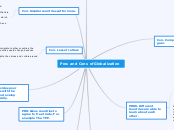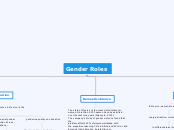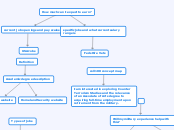por morgan nason 12 anos atrás
937
New Deal
The New Deal was a series of programs and initiatives aimed at revitalizing the American economy during the Great Depression. The Works Progress Administration (WPA), led by Harry Hopkins, significantly enhanced the nation'









